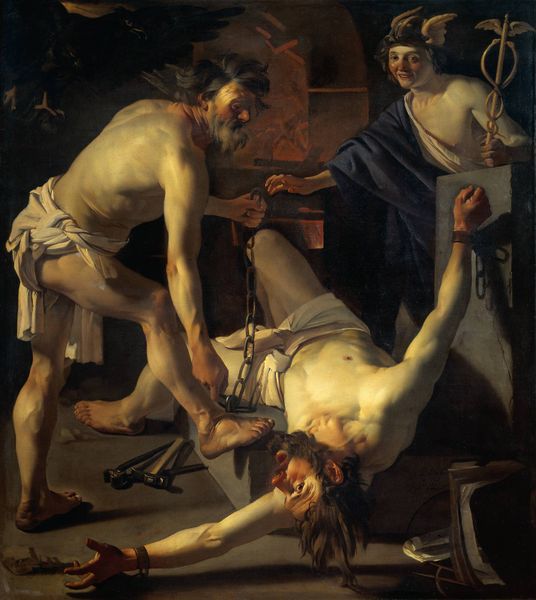Aquí os dejo el video, disfrutadlo tanto como yo:
The Cat Piano from PRA on Vimeo.
Long ago my city’s luminous heart, beat with the song of four thousand cats.
Crooners who shone in the moonlight mimicry of the spotlight.
Jazz singers. Hip cats that went ‘Scat!’
Buskers with open-mouthed hats hungry for a feed.
Parlours paraded purring glamorous songstresses.
Smoky hookahs and smoking hookers.
Strays strummed string and sung a cocktail of cat’s tails.
A decadent party of meowing sound.
A bohemian behemoth, post-midnight soiree.
Amongst the chorale ‘o tuneful ones was one fair queen who drew me from o’er the way.
Her fur, an amorous white and a voice that made all the angels of eternity sound tone deaf.
Blind with love at first sight, touched by the taste of her sound,
I longed to be the microphone she cradled near her breast.
‘Twas our Shang-ri-la of sound,
A paradise found where nothin’ could stop us.
Or so it seemed.
Singers began to vanish like sailors lost at sea.
Snatched from stage alley way
Shanghai’d from behind scarlet curtain.
Into thin air they disappeared without a single cry.
Police study the clues.
Foot-prints from human shoes.
So you’ve heard of every instrument but?
Torn from your history books is this pianola,
This harpsichord of harm.
The cruellest instrument to spawn from man’s grey cerebral soup.
The Cat Piano.
Confined were the cats in a row of cages.
With each note struck upon it’s ivory tusks,
A sharpened nail would pierce each cat’s tail,
Forcing a note from each pitch on the scale.
I ran my cursed writer’s run to tell her beware.
She wasn’t there.
My soul capsized.
Like a fish, paralysed.
On a chopping board, its spinal cord ripped forth from its body,
Her vocals the last the thief had needed,
A rare celestial pitch that would complete his collection.
The city in unrest.
Fights broke out in its sleep.
I couldn’t dream anymore.
There was a hole in my heart and everything fell out of it.
All music forbidden.
Keep your lullabies hidden.
And your A and E minors off the street after dark.
My town grew cold and bitter.
In icy hibernation was the once thumping heart.
Now seizing up.
Freezing up.
Katzenklavier.
The torturous worm of sound burrowed deep into my ears.
Le Piano du chat
I thought of Van Gogh.
Neko Piano.
I’d put an end to this incessant, inescapable drone.
Mao Gang Qin
I enlisted an army of the brave and I their general declared war.
Poised with tooth and fire in paw.
We would finally settle this musical score.
Eyes with fierce intent that glowed.
Through tempestuous waters we rowed.
Storming the shores,
Swarming in scores,
Scaling its walls with well-sharpened claws,
We invaded the tower through all its doors.
Up the winding stairs,
To meet him with blinding stares.
There he sat.
The organ grinder.
He turned, we pounced, we scratched and bit.
He stumbled.
Fell through the window.
Screaming into the indigo waters below.
We freed the chain gang from their jail.
Cremated the piano.
And for home we set sail.
The city had reclaimed its vestal muse.
It would live again.
Beat again.
Cats would sing in the street again.
And I in anonymity as I had been long before this soliloquy,
Could sit and listen from afar.
The Cat Piano, now a healed over wound.
And this ode its fading scar.
Hoy suena: Gary Jules - Mad World
"And I find it kind of funny
I find it kind of sad
The dreams in which I'm dying
Are the best I've ever had"


